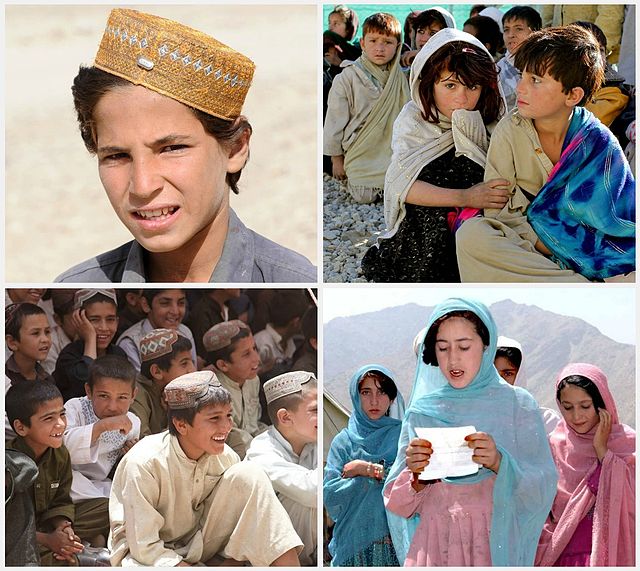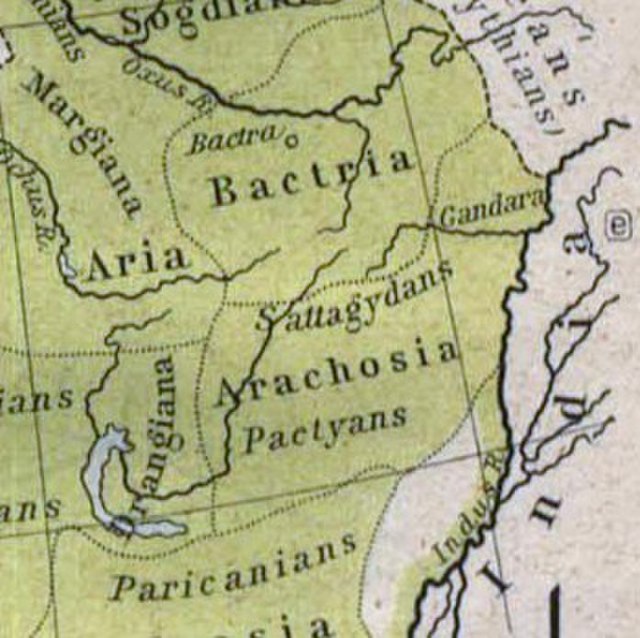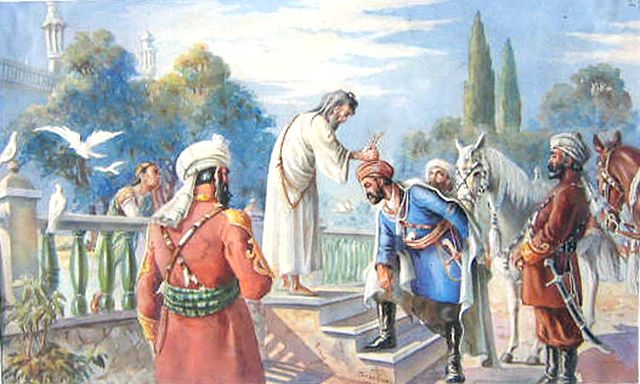Pashtunwali, also known as Pakhtunwali and Afghaniyat, is the traditional lifestyle or a code of honour and tribal code of the Pashtun people, from Afghanistan and Pakistan, by which they live. Many scholars widely have interpreted it as being "the way of the Pashtuns" or "the code of life". Pashtunwali is widely practised by Pashtuns in the Pashtun-dominated regions. Pashtunwali dates back to ancient pre-Islamic times.
From left to right: Jamaluddin Badar, Nuristan governor, Fazlullah Wahidi, Kunar governor, Gul Agha Sherzai, Nangarhar governor, and Lutfullah Mashal, Laghman governor, listen to speakers talk about peace, prosperity and the rehabilitation of Afghanistan during the first regional Jirga in 2009.
Pashtunistan is a region located on the Iranian Plateau, inhabited by the indigenous Pashtun people of southern Afghanistan and northwestern Pakistan, wherein Pashtun culture, the Pashto language, and Pashtun identity have been based. Alternative names historically used for the region include Pashtūnkhwā (پښتونخوا), Pakhtūnistān, Pathānistān, or simply the Pashtun Belt.
Pashtun children, indigenous to the Pashtunistan region
The area during 500 B.C. was recorded as Arachosia and inhabited by a people called the Pactyans.
Coronation of Ahmad Shah Durrani in 1747 by a 20th-century Afghan artist, Abdul Ghafoor Breshna.
King Amanullah Khan, son of Habibullah Khan and grandson of Abdur Rahman Khan.





